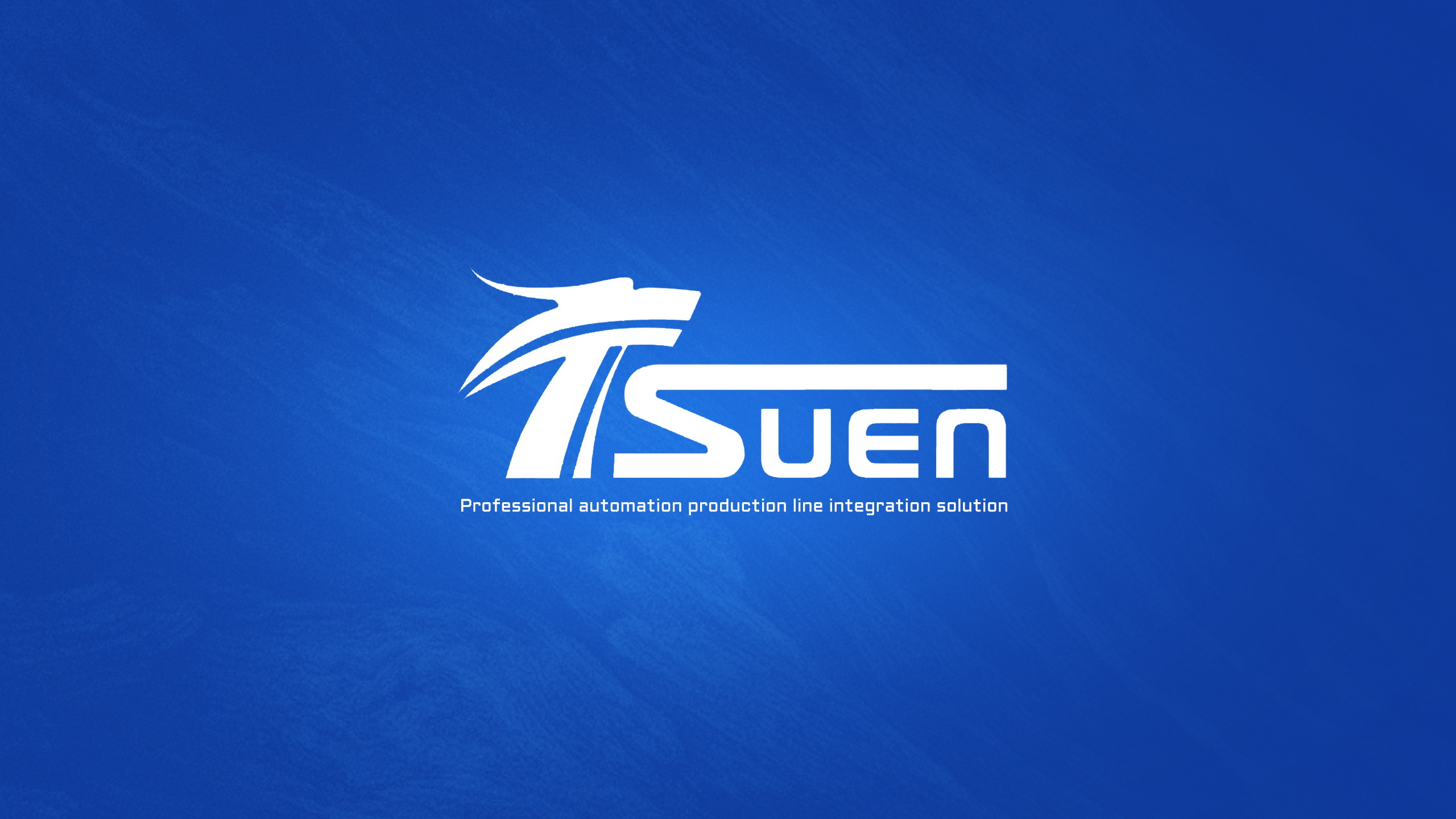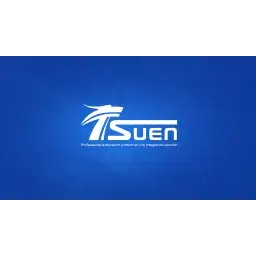Email format error
Email cannot be empty
Email already exists
6-20 characters(letters plus numbers only)
The password is inconsistent
Email format error
Email cannot be empty
Email does not exist
6-20 characters(letters plus numbers only)
The password is inconsistent


Exploring the World of Close Type Single Crank High Precision Presses
In the realm of manufacturing and industrial machinery, the term "Close Type Single Crank High Precision Presses" might sound technical and specific, but its significance in modern production processes cannot be overstated. Let's delve into what makes these presses essential, their functionalities, and their impact on various industries.
Understanding Close Type Single Crank High Precision Presses
Firstly, what exactly are Close Type Single Crank High Precision Presses? These machines are pivotal in the manufacturing sector, particularly in the production of intricate parts and components requiring high precision. They operate on a single crank mechanism, which simplifies their design while ensuring precise performance. The "close type" designation typically refers to their enclosed structure, which enhances safety and control during operation.
The Mechanics Behind Precision
Precision is the hallmark of these presses. Whether it's stamping, punching, blanking, or deep drawing, these machines excel in maintaining tight tolerances and consistent quality. The single crank design minimizes mechanical complexity, leading to smoother operation and reduced maintenance requirements. This simplicity translates into cost-effectiveness for industries relying on high-volume production with minimal downtime.
Applications Across Industries
Close Type Single Crank High Precision Presses find applications in diverse industries. From automotive manufacturing, where they shape metal parts with utmost accuracy, to electronics, where they produce intricate components for devices, these presses cater to a wide array of production needs. Their versatility extends to sectors like aerospace, consumer goods, and medical equipment, underscoring their role in modern industrial ecosystems.

Technological Advancements and Innovation
Advancements in technology have further enhanced the capabilities of these presses. Automation features such as programmable controls and robotic integration streamline workflows and enhance productivity. Real-time monitoring and data analytics ensure optimal performance, contributing to overall operational efficiency and quality assurance.
Safety and Environmental Considerations
Safety remains paramount in industrial settings. Close Type Single Crank High Precision Presses incorporate advanced safety features such as interlocking mechanisms and ergonomic designs to protect operators and prevent accidents. Moreover, their efficient energy usage and reduced material waste contribute to sustainable manufacturing practices, aligning with global environmental standards.
Future Prospects and Industry Trends
Looking ahead, the evolution of Close Type Single Crank High Precision Presses continues to be driven by innovation and market demand. Emerging trends include the integration of AI-driven predictive maintenance and further improvements in energy efficiency. As industries strive for leaner, more agile production processes, these presses will play a pivotal role in meeting evolving consumer demands and technological advancements.
Conclusion
In conclusion, Close Type Single Crank High Precision Presses embody precision, reliability, and efficiency in manufacturing. Their ability to deliver consistent quality, coupled with advancements in technology and safety, makes them indispensable in today's industrial landscape. Whether shaping the future of automotive engineering or enabling breakthroughs in electronics, these presses stand as a testament to human ingenuity and innovation in the pursuit of manufacturing excellence.
As we continue to innovate and adapt to new challenges, Close Type Single Crank High Precision Presses will remain at the forefront, driving the next generation of manufacturing capabilities worldwide.

